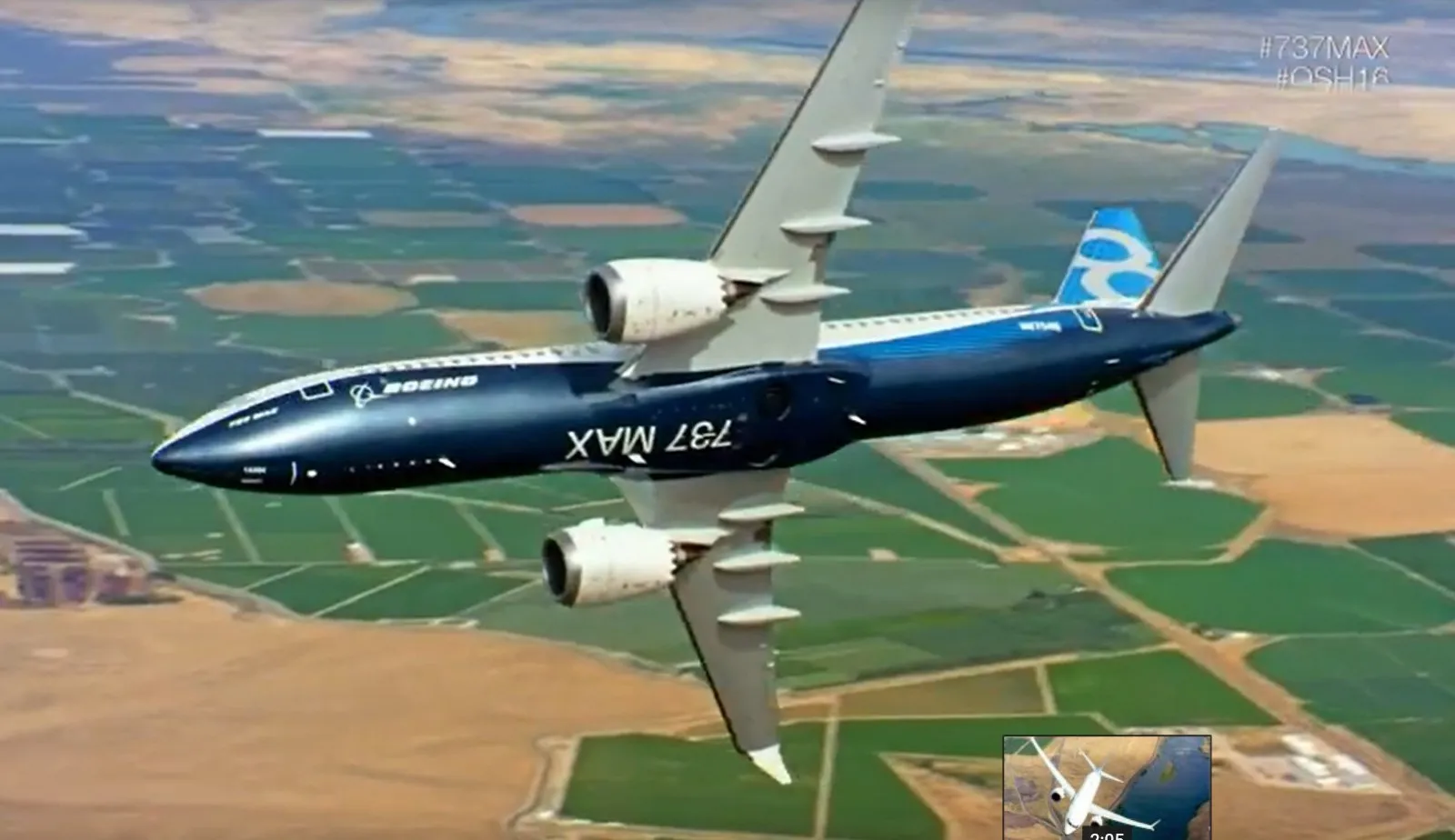
Boeing pays $US2.5 billion to settle MAX fraud charge
Jan 07, 2021

Boeing has agreed to pay $2.5 billion to settle a fraud charge related to its 737 MAX aircraft, stemming from the two fatal crashes that occurred in 2018 and 2019. The settlement includes compensation for victims' families, as well as a fine and funding for aviation safety programs. This resolution aims to address allegations that Boeing misled regulators and investors about the safety of the aircraft. The company has expressed its commitment to improving safety and transparency in its operations, as it continues to recover from the reputational damage caused by the incidents.
The recent settlement between Boeing and the U.S. Department of Justice (DOJ) marks a significant turning point in the ongoing saga surrounding the Boeing 737 MAX aircraft. With a payment of $US2.5 billion, Boeing aims to resolve charges of fraud related to the aircraft's development and certification process. This settlement comes after a series of tragic incidents that raised serious concerns about the safety and regulatory practices of the aerospace giant. Let's delve deeper into the implications of this settlement and what it means for Boeing's future.
Understanding the MAX Fraud Charge
The fraud charge against Boeing stemmed from allegations that the company misled regulators, airlines, and the general public about the safety of the 737 MAX. Following two fatal crashes that claimed the lives of 346 people, investigations revealed that Boeing had not adequately disclosed critical information about the aircraft's Maneuvering Characteristics Augmentation System (MCAS). This system was implicated in both accidents, highlighting a severe lapse in safety protocols.
The Financial Impact of the Settlement
The $US2.5 billion settlement is not just a financial penalty; it includes a combination of fines, compensation for victims, and funds directed towards improving aviation safety. The breakdown of the settlement is as follows:
| Category | Amount (USD) |
|---|---|
| Criminal Fine | 500 million |
| Compensation for Victims | 1.77 billion |
| Aviation Safety Initiatives | 230 million |
This settlement not only addresses the immediate legal consequences but also aims to restore public confidence in Boeing as a manufacturer of safe aircraft. The allocation of funds towards aviation safety initiatives is particularly noteworthy, as it signifies Boeing's commitment to preventing similar tragedies in the future.
Rebuilding Trust in the Aviation Industry
In the wake of the MAX scandal, restoring trust in the aviation industry has become a paramount concern. Airlines, regulators, and the flying public have expressed skepticism towards Boeing's safety practices. As the company navigates the aftermath of this settlement, it will need to focus on transparency and accountability.
One way Boeing can rebuild trust is by enhancing its communication with stakeholders. This involves openly sharing safety data, engaging with regulators, and actively participating in industry safety forums. Such efforts can help reassure the public and investors that Boeing is committed to prioritizing safety above all else.
The Future of Boeing
Moving forward, Boeing's strategy will likely include a renewed emphasis on safety culture within the organization. This settlement offers a chance for the company to reevaluate its internal practices and ensure that safety is woven into every aspect of its operations. By fostering a culture that prioritizes safety, Boeing can work towards regaining its reputation as a leading aircraft manufacturer.
Moreover, the financial implications of the settlement could influence Boeing's investments in new technologies and innovations. With the aviation industry rapidly evolving, staying competitive requires a commitment to research and development. The allocation of funds towards aviation safety initiatives is a step in the right direction, but Boeing must continue to invest in cutting-edge technology to ensure the safety and efficiency of its aircraft.
Regulatory Changes and Industry Standards
The fallout from the MAX scandal has prompted a reevaluation of regulatory standards within the aviation industry. The FAA and other regulatory bodies are likely to implement stricter oversight and guidelines to ensure that manufacturers prioritize safety in their development processes. Boeing's settlement may serve as a catalyst for broader changes in the industry, leading to enhanced safety protocols and more rigorous scrutiny of aircraft designs.
Conclusion
The $US2.5 billion settlement reached by Boeing represents a critical step in addressing the consequences of the MAX fraud charge. As the company works to rebuild its reputation, the focus on safety and transparency will be essential for regaining the trust of stakeholders. By investing in aviation safety initiatives and committing to a culture of accountability, Boeing can strive to emerge from this crisis stronger and more resilient.
In summary, this settlement is not just about financial penalties; it symbolizes a significant shift in Boeing's approach to safety and regulatory compliance. As the aviation industry continues to evolve, the lessons learned from the MAX tragedy will undoubtedly shape the future of aircraft manufacturing and certification processes.
Related Articles

Explore Thailand: The Best Islands to Visit for Paradise, Adventure, and Relaxation

The Ultimate Guide to the Best Islands in Thailand for Your Next Getaway

Do babies need passports? How to get a passport for a newborn

How to get a U.S. passport fast: here’s how to expedite the process

What is Mobile Passport Control: 5 reasons why you should use it

SENTRI vs. Global Entry: A detailed guide

Do you need a passport to go to the Bahamas? Let’s find out

Do you need a passport to go to Mexico? A detailed guide

Do you need a passport to go to Canada? We got the answer

Do You Need a Passport for a Cruise: An Essential Travel Guide

Booster Seat Requirements: All the Rules to Follow in Your Rental Car

What Are the World’s Most Powerful Passports, and How Does Yours Rank?

How to Take a Passport Photo at Home: A Helpful Guide

You've got to have heart! Southwest's new livery

Your opinion: Should water be free on low cost carriers?

Young women bolder than guys as solo travellers
